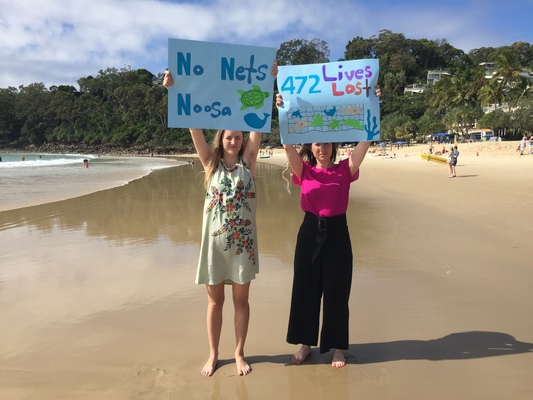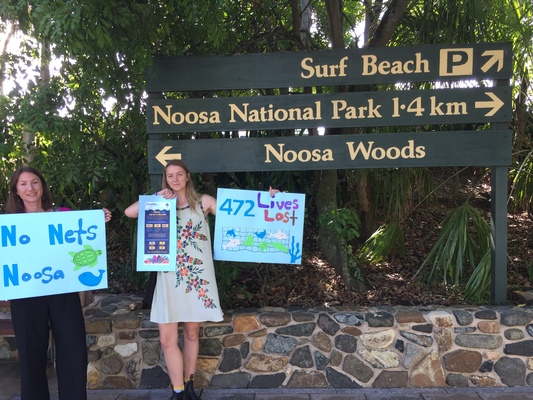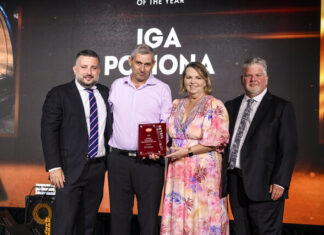National and local organisations are continuing to push for removal of shark nets at Noosa’s beaches, following the recent death of a surfer by shark attack in Kingscliff.
A 60-year-old man was attacked by a three metre great white shark at Salt Beach, three hours south of Noosa, where no shark nets had been installed.
He was dragged ashore by two heroic surfers, who attempted to fight off the shark as they pulled the man onto a board.
Spokeswoman for Dolphin protection team, Action for Dolphins (AFD) Angie Plummer said while the death of Rob Pedretti was an absolute tragedy, it was important to remember that nets don’t stop sharks from entering an area.
“They only stretch 186m long, and six metres deep, meaning sharks can easily swim under and around the nets, and are regularly spotted inside netted areas,” she said.
“It’s completely understandable people want some added protection and reassurance when entering the water.
“What we are advocating for is for shark nets – which are an incredibly outdated technology, and very expensive to maintain – to be replaced with modern and humane alternatives such as drone surveillance and shark-spotter programs, eco-barrier systems such as the ones recently installed in Cottesloe or Alban, shark safe magnetic ’kelp’ forests, and rebates for personal shark deterrent devices.
“There is research to suggest these options can deter sharks and prevent attacks without putting the lives of other marine animals at risk.”
With the backing of local and international organisations, including Noosa Parks Association and the World Surfing Reserve, AFD sent a letter to the Noosa council and Mayor Clare Stewart last month, calling for support of the removal of the nets and the trialling of non-lethal alternatives.
Despite their petition being signed by close to 24,000 people, they’re still yet to receive support from council.
“We are still awaiting their response, but have had promising meetings with several local councillors and MPs on the issue in the past,” Ms Plummer said.
Cr Stewart said she had not seen nor received the letter from AFD regarding the matter.
“Shark nets are managed and operated by the State Government, not council and as such is a state issue,” Cr Stewart said.
“Of course, we would welcome the government to look at any alternatives but ultimately the final decision is one for them.
“For me personally, it is always a safety issue. Our community’s safety and well-being is non-negotiable and must come first.”
In the letter, AFD said they welcomed the state government’s recent announcement to invest $1 million annually over four years into researching new technologies.
“According to Queensland government’s catch statistics, between 2001 to 2017 the mesh nets and lethal drum lines caught 519 marine animals in Noosa, a figure which includes animals from both endangered and critically endangered species,“ the AFD said.
“In this 17-year period alone, seven turtles, 26 dolphins, 87 rays and two dugongs have been caught in Noosa.
“In 2013, 2016 and 2019 a humpback whale was caught in Noosa’s shark nets.
“Given our shire’s strong green credentials, it would be wonderful for Noosa to lead the way when it comes to implementing updated shark mitigation technology.“









